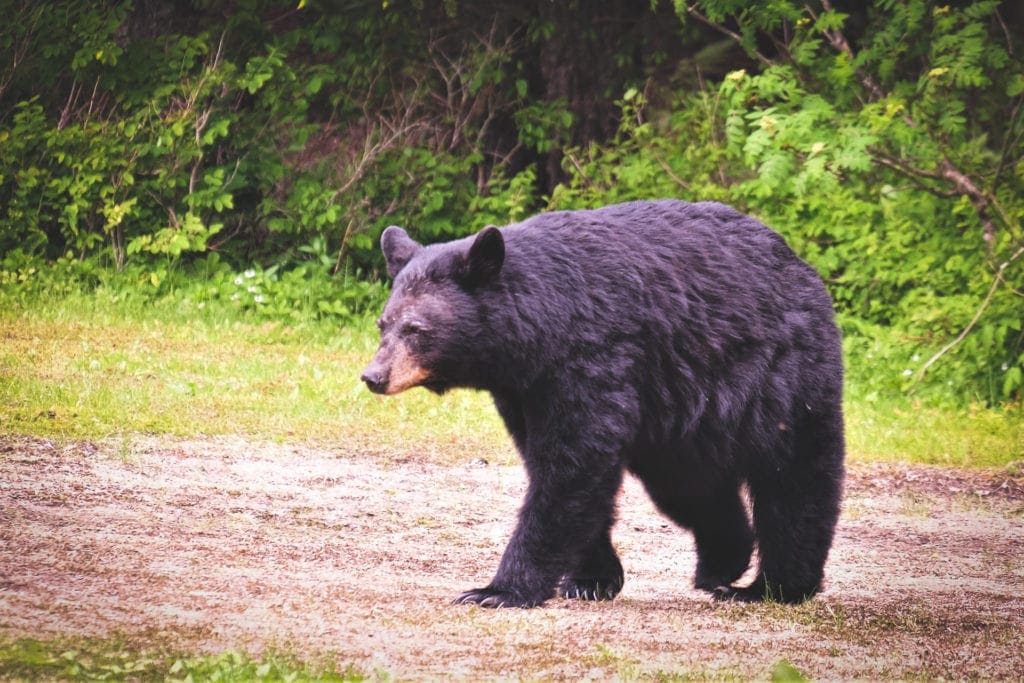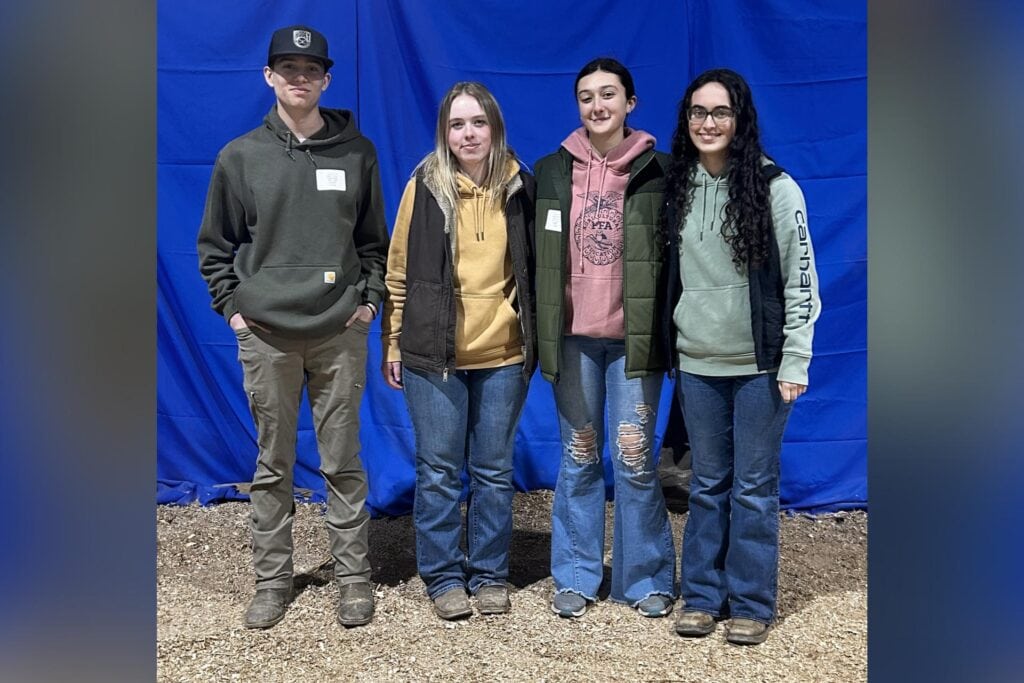TENNERTON – Spring is finally here, and just like humans, animals are eager for warm temperatures and the fresh foods the local landscape provides.
But while all animals are beautiful to see, some are best kept at a safe distance – namely, black bears, which happen to be the state animal of West Virginia.
The West Virginia Division of Natural Resources recently sent letters to some residents in the Stony Run area of Upshur County alerting them to recent bear sightings and asking residents to “make a concerted effort to eliminate all food or potential attractants from their property.”
“There have been a couple of bear sightings in the Stoney Run area,” said Kaylee Pollander, District Game Biologist with the WVDNR in French Creek. “This time of year, bears are active. They are looking for the berry crops to come out and ripen.”
“In order to avoid a human-bear encounter like what happened last year, we are asking people to put bird feeders away, keep pet and livestock food inside secure areas, clean grills and/or place them inside a secure area after use and to put trash out the day of pick-up instead of the night before, if possible,” said Pollander.
The human-bear encounter Pollander referenced took place on May 31, 2019, almost exactly one year ago, when a local woman was mauled by a bear and her dog was killed. Shortly after the incident, there were several bear sightings around Buckhannon and at West Virginia Wesleyan College which caused the local authorities to ask citizens to stay indoors until the bears had left the area.
“Bears have a really strong sense of smell,” said Pollander. “They have a stronger sense of smell than a dog.”
She explained that if bears smell food, they may come into an area to find the source. And, once they have discovered an easy source of food, they may return to that area for up to two weeks to find food again.
“If they don’t find food in an area, they will just pass through, which is what we want them to do,” she said. Pollander explained that when bears are active in an area, residents should be vigilant in keeping not only trash and bird/animal food put away, but also in cleaning up food scraps. People should put bird feeders, deer feeders, empty trash cans and pet bowls, etc., inside.
If a person must feed their pet outdoors, they should only put out as much food as the pet will eat and then clean up any scraps and put the bowls inside after the feeding.
Pollander said residents should not be worried about the local birds, who are adapted to living off the natural food supply in the area.
“The only time you should put bird food out is in the winter when there is snow on the ground,” she said.
The letter to Stoney Run residents concludes with the following statement: “During times like these, it is easy to forget that the Black Bear is the state mammal of West Virginia. The DNR is here to conserve the species while helping educate the public so that this beautiful animal is not considered just a nuisance.”
“In some circumstances problem bears will be removed, but our goal is to help bears from getting habituated to people, food and trash and becoming a nuisance in the first place,” the letter continues. “Trapping and killing a bear is the last option taken, [and] relocating them is not an option. Please help (us) keep this part of West Virginia wild and wonderful.”
For additional information about safely living in areas with Black Bear populations, Pollander recommended the website BearWise.org, which provides information on how people can coexist responsibly with black bears.















